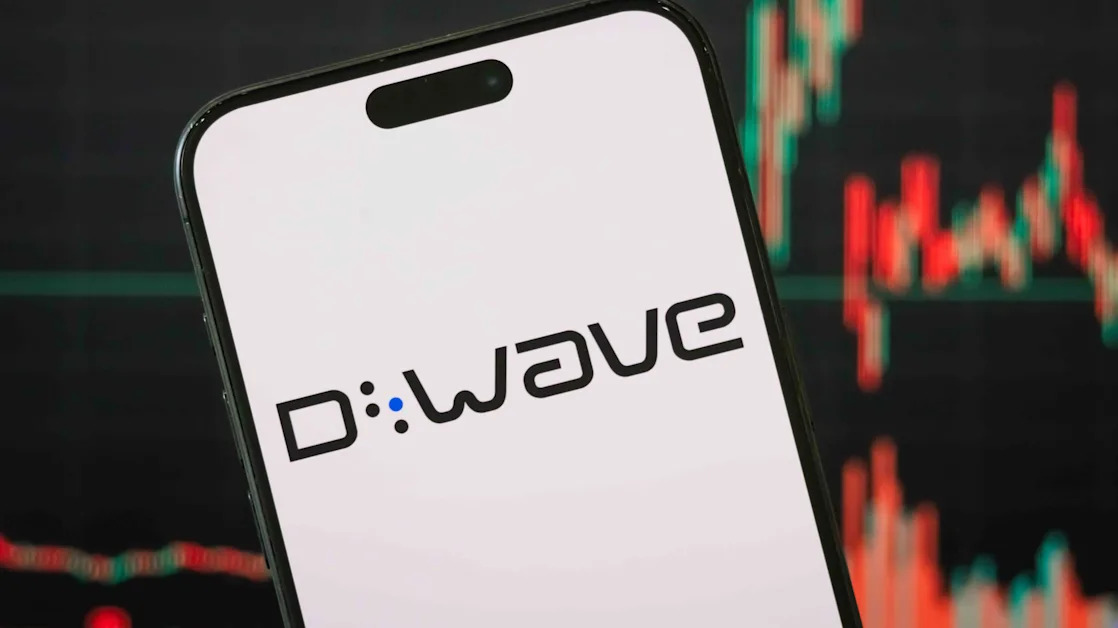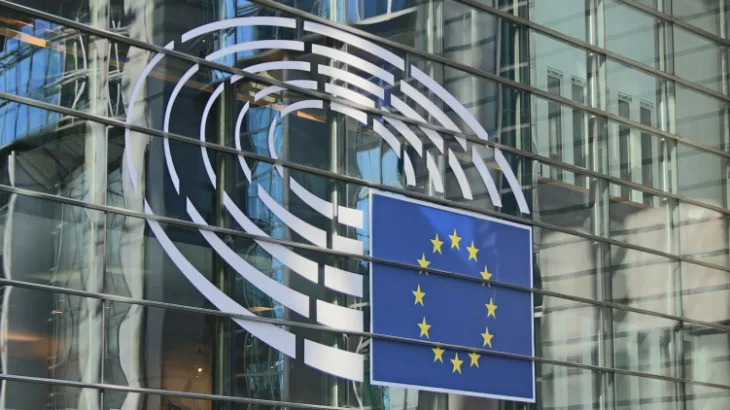
XRP (CRYPTO: XRP) and Bitcoin (CRYPTO: BTC) remain two of the most-watched cryptocurrencies even after years of being in circulation, and they've earned that distinction by providing value to investors all the while. But with Bitcoin's protocol largely unchanged, and XRP's rapid ascent showing no signs of slowing, it makes sense to question whether the relative position of these two giants might switch, with Bitcoin falling out of favor compared to the newer competitor.
So, in the long view of things, could it be possible for XRP to surpass the king of cryptocurrencies by virtue of its momentum as a fintech today? And if it's possible, how should you invest? Let's dive in.
There's a competition shaping up here
First, let's take a beat to understand the investment thesis for both coins to see if there's anything obvious that would imply the victory of one over the other in the long term.
Bitcoin's investment thesis is that its supply growth will constantly slow as a result of the amount of effort required to mine it, which ratchets upward roughly every four years in a process called the halving. Because only 21 million Bitcoins can ever be created, as long as there is any small amount of demand, its price will be biased toward rising instead of falling, even if there isn't much utility in the coin itself. And while it tends to be expensive and slow to transfer, as a store of value its inherent scarcity is a major positive , regardless of its utility.
In contrast, XRP's angle is that it's valuable as a medium of exchange rather than as a store of value, though it does store value also. The coin is designed to make it much less expensive and much faster to send money from an account in one country to an account in another country.
It succeeds in that goal. By using XRP for transferring money, customers can skip currency conversion fees, wait just a few seconds for the transaction to clear rather than days, and spend pennies rather than tens of dollars on transaction fees. And every time a user sends money via the XRP network, some small fees accrue, which can pay for upgrading the features of the system. Therefore, it should gain in value over time, so long as it's processing more transactions and recruiting more institutional users.
Bitcoin and XRP performed similarly during the past five years, with Bitcoin rising by about 875% and XRP climbing by about 750%. In coming years, both coins are going to compete in the domain of tokenizing real-world assets onto their respective blockchains so that they can be tracked and transferred more easily.
But XRP has a clear advantage there. Assets can be transferred for almost nothing, almost instantly. Technologically speaking, XRP's chain can be upgraded a lot faster with new features -- and those features will then be available to the many financial institutions that are already using it to transact across international borders.
So could that be the vector for XRP to unseat Bitcoin?
Don't bother going all-in on either coin
It wouldn't be too surprising for XRP to gain in value more than Bitcoin during the next five years, and perhaps beyond that. Bitcoin's promise is to be digital gold; XRP's promise is to lower the friction of transacting in a domain that has historically been high-friction. Both coins are making good on those promises.
But that doesn't mean XRP is going to be the next Bitcoin or that XRP will replace it.
One critical difference is that XRP is issued by a company, called Ripple, which controls the supply outstanding as well as the purposes its blockchain serves. That governance factor is a blessing, because it enables XRP to be marketed to new users intentionally, and for its capabilities to be upgraded to match new opportunities. It's also a curse, as it forever ties the coin to the success of the company behind it, which may not be eternal even if it looks quite solid at the moment.
On the other hand, part of Bitcoin's core appeal is that there is no single actor at the wheel. Its supply is hard coded into its protocol. It doesn't matter how many businesses using it go under; the protocol will remain. That makes it a much safer investment over the very long term, even if it might not grow as fast as XRP.
As an investor, it makes perfect sense to buy and hold both of these assets. The longer you hold them, the better your results probably will be -- just don't buy XRP expecting it to be as stable as Bitcoin in the face of new market trends or economic trends, as it may need to successfully pivot in a way that the older coin won't.
Before you buy stock in XRP, consider this:
Now, it’s worth noting Stock Advisor ’s total average return is 952% — a market-crushing outperformance compared to 178% for the S&P 500. Don’t miss out on the latest top 10 list.
Learn more »





